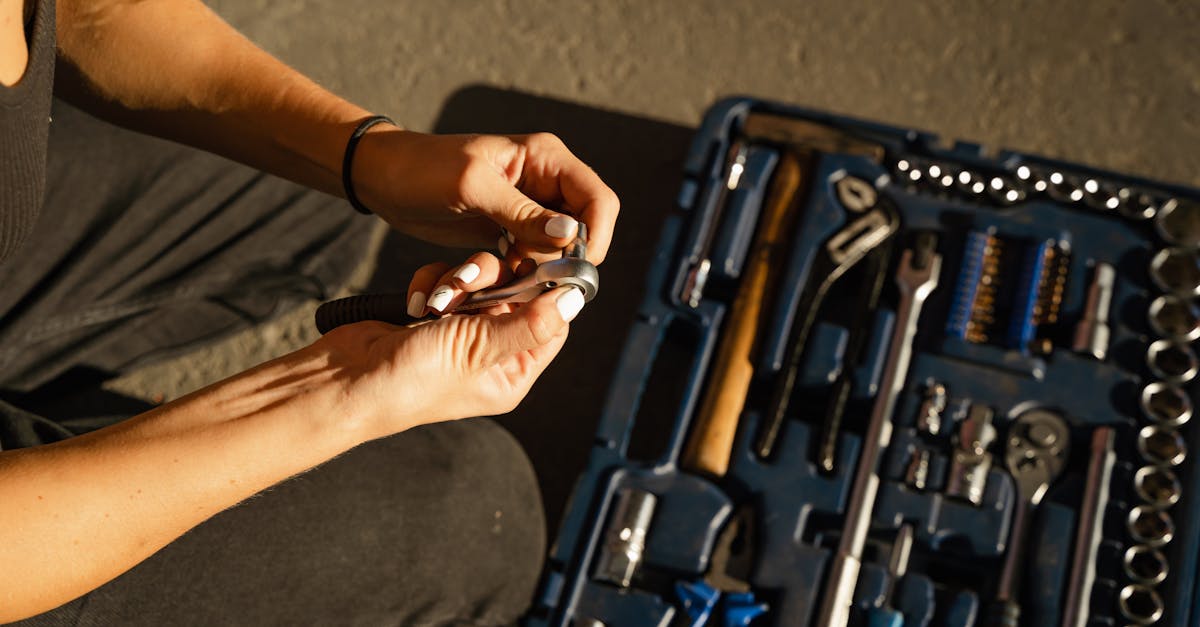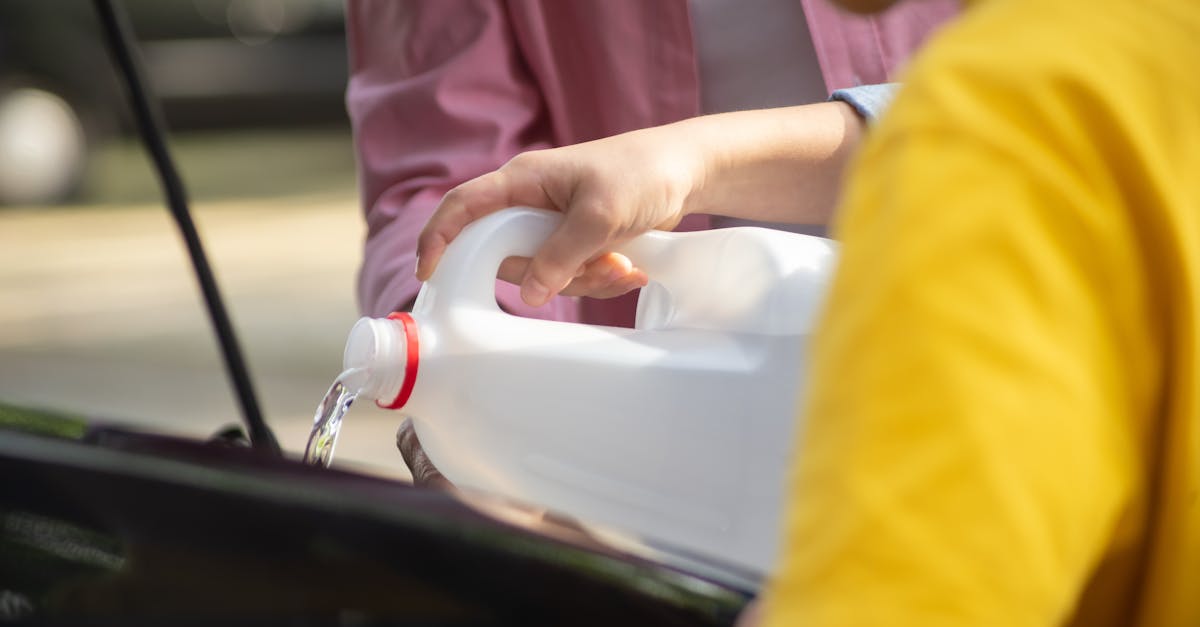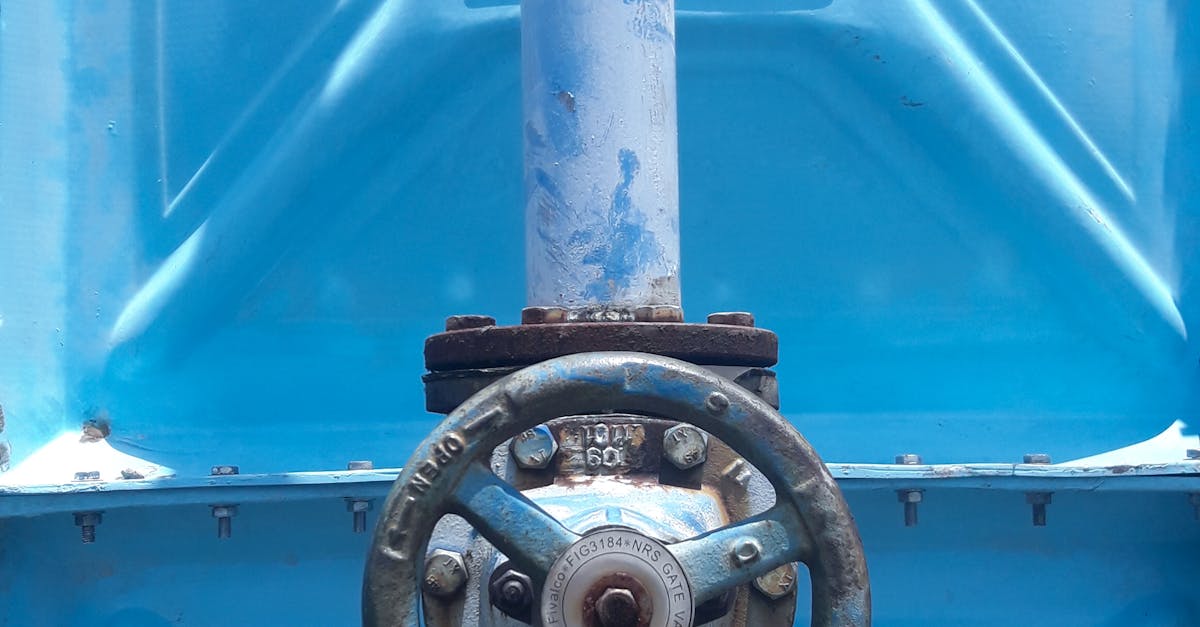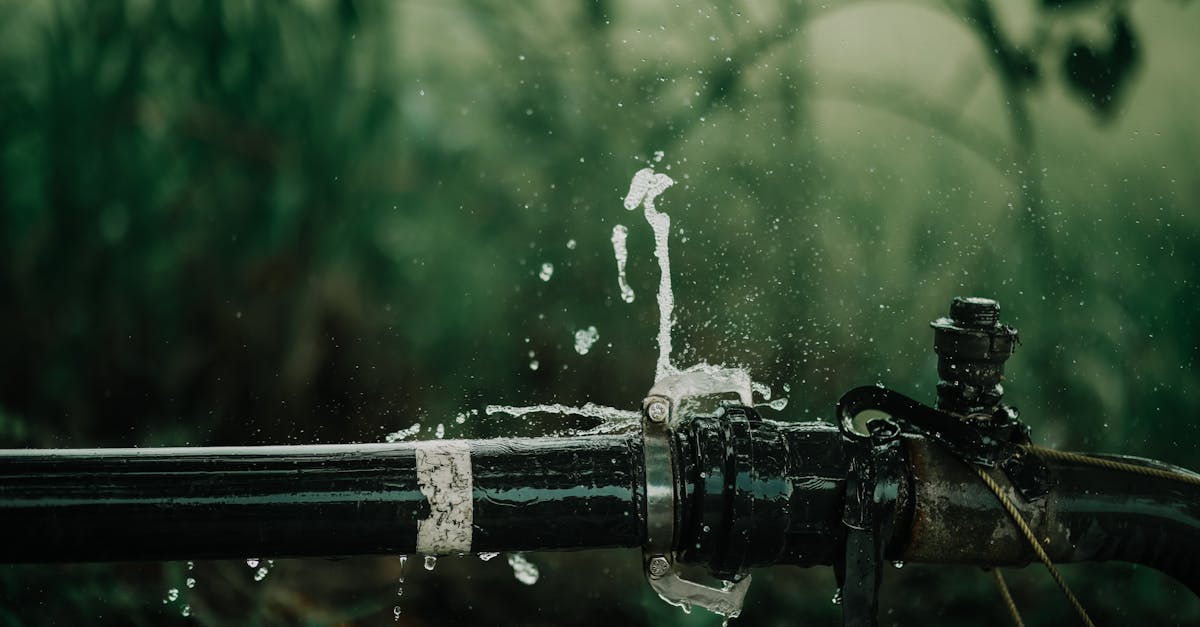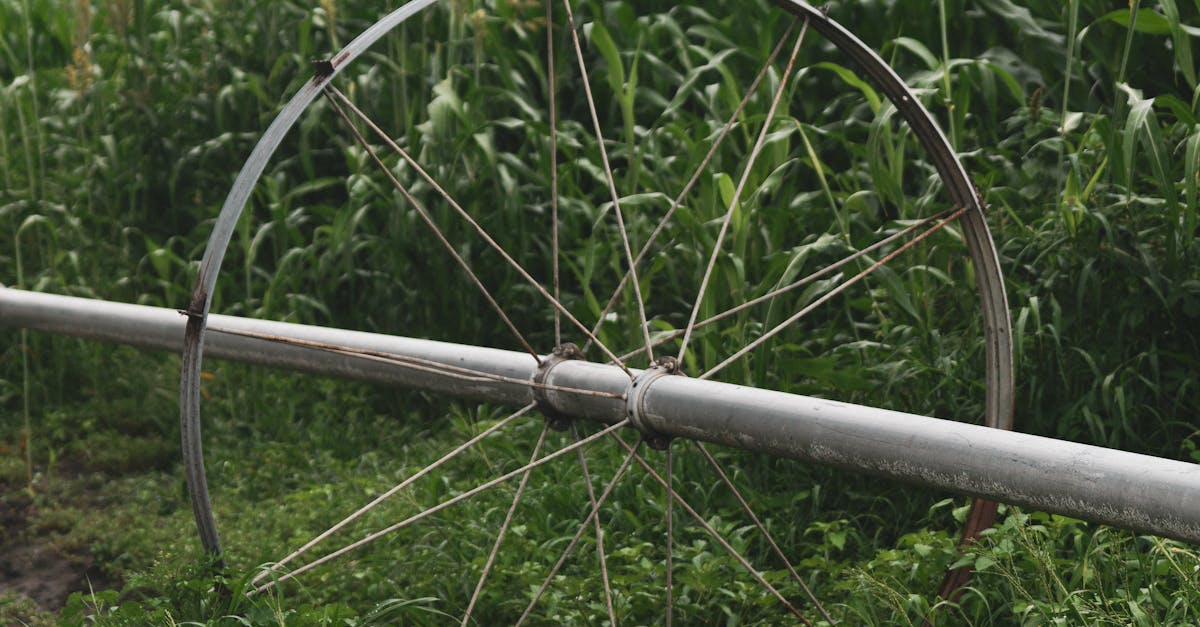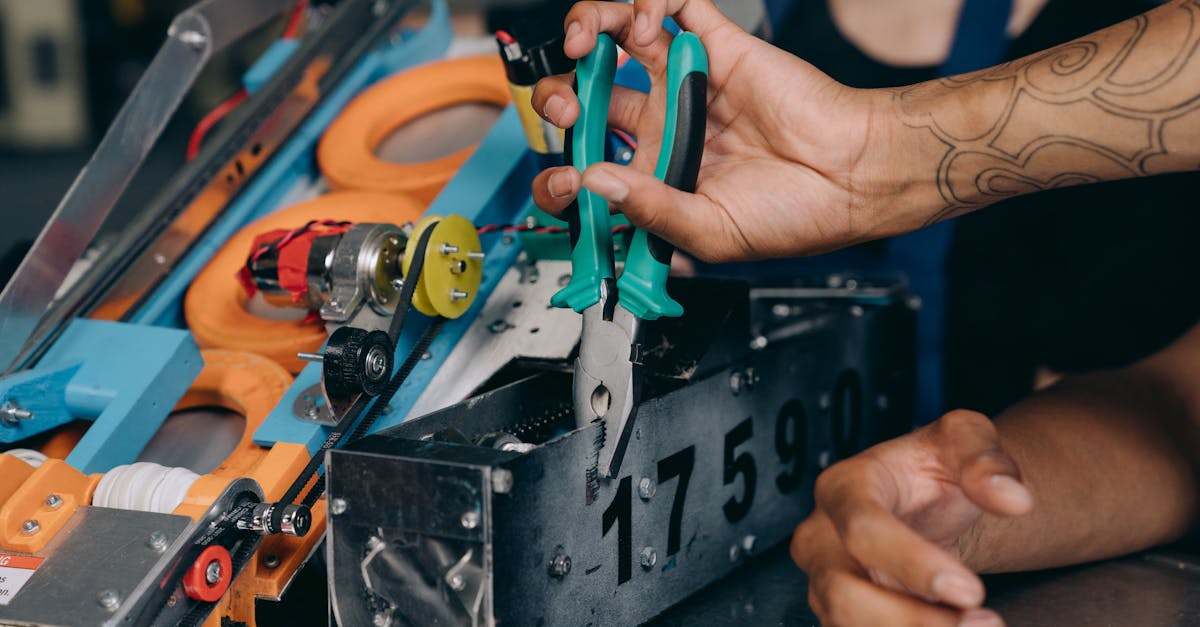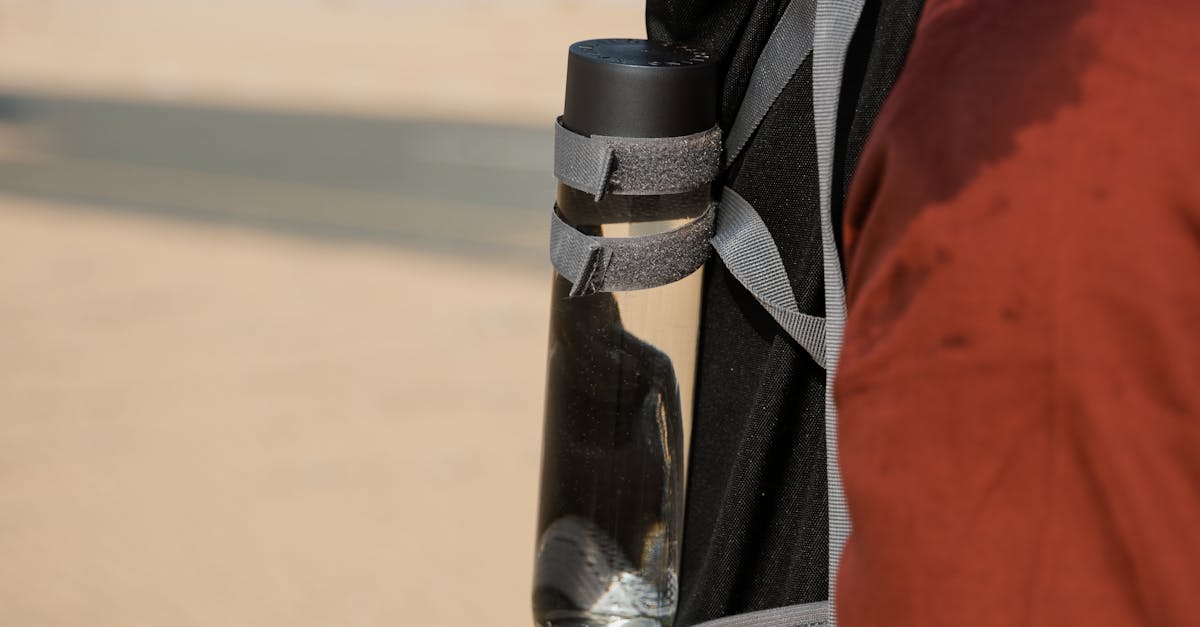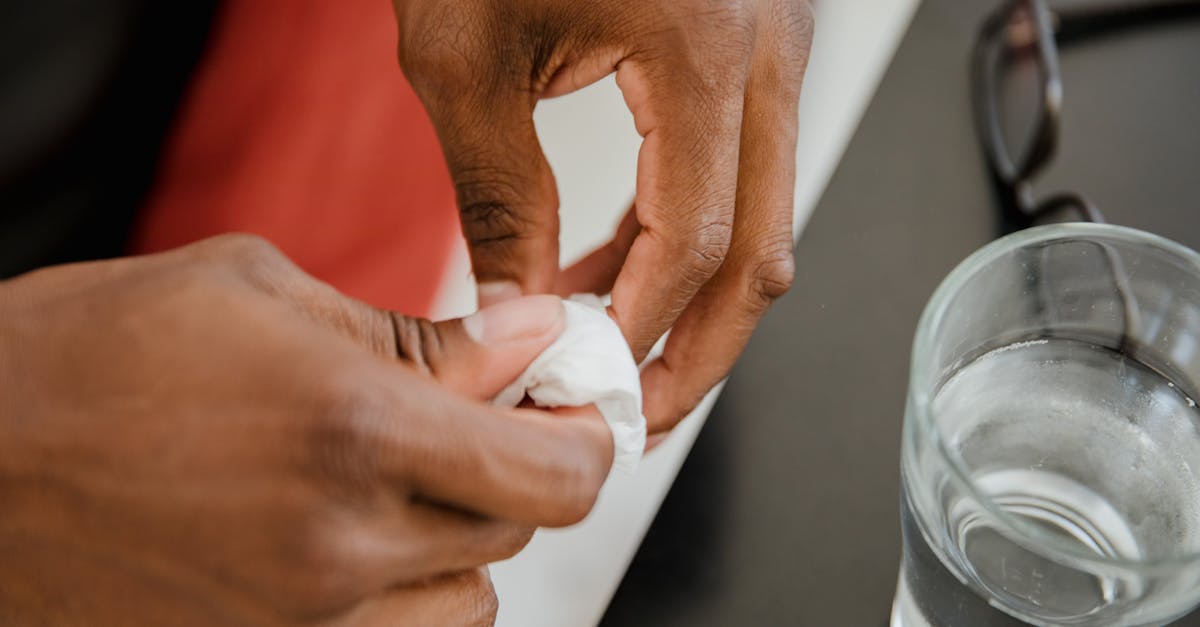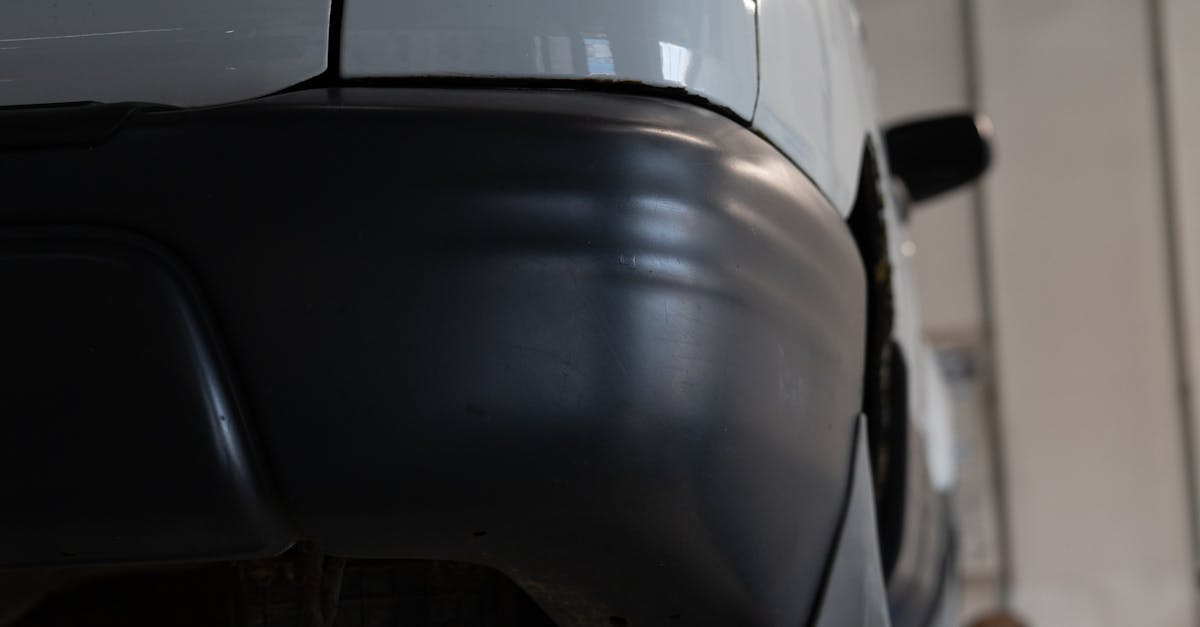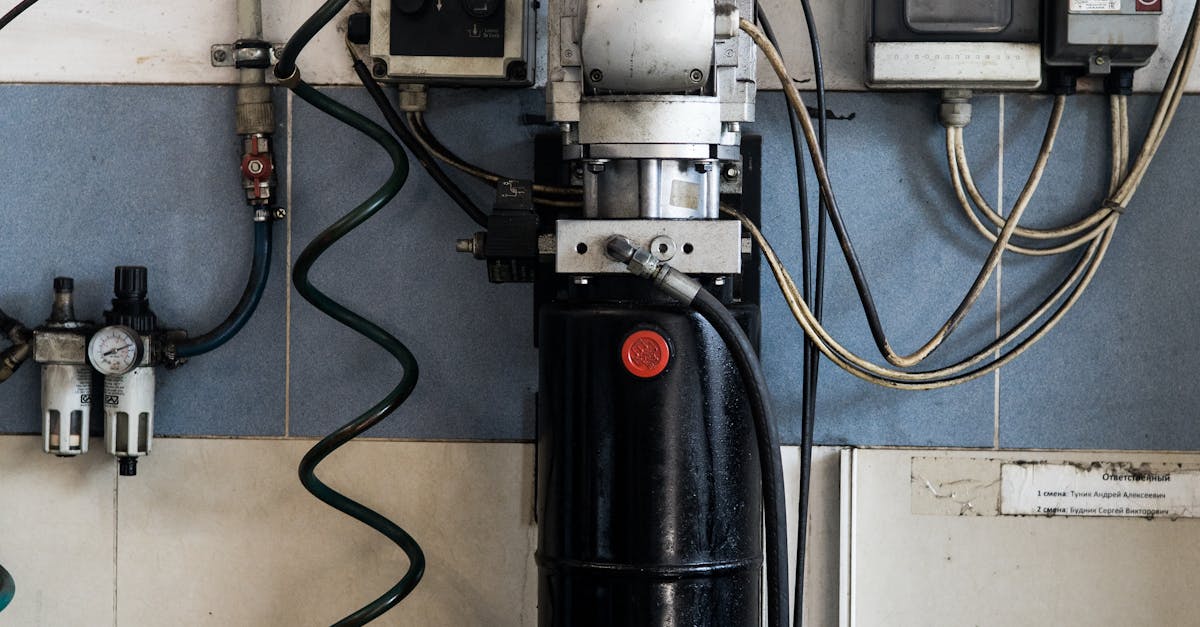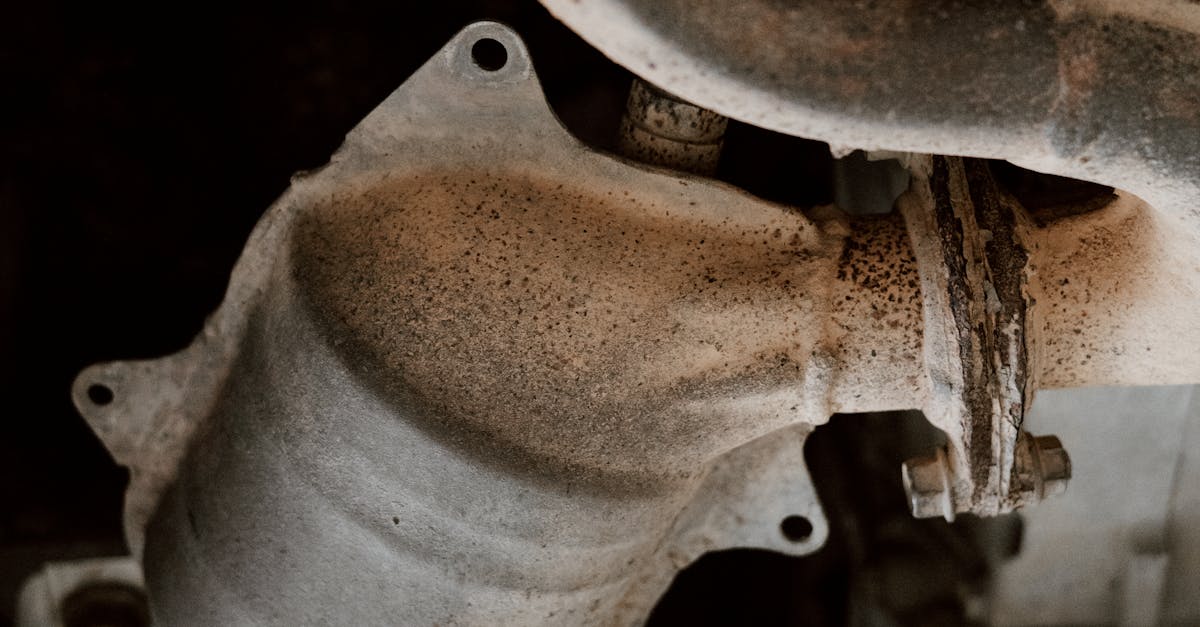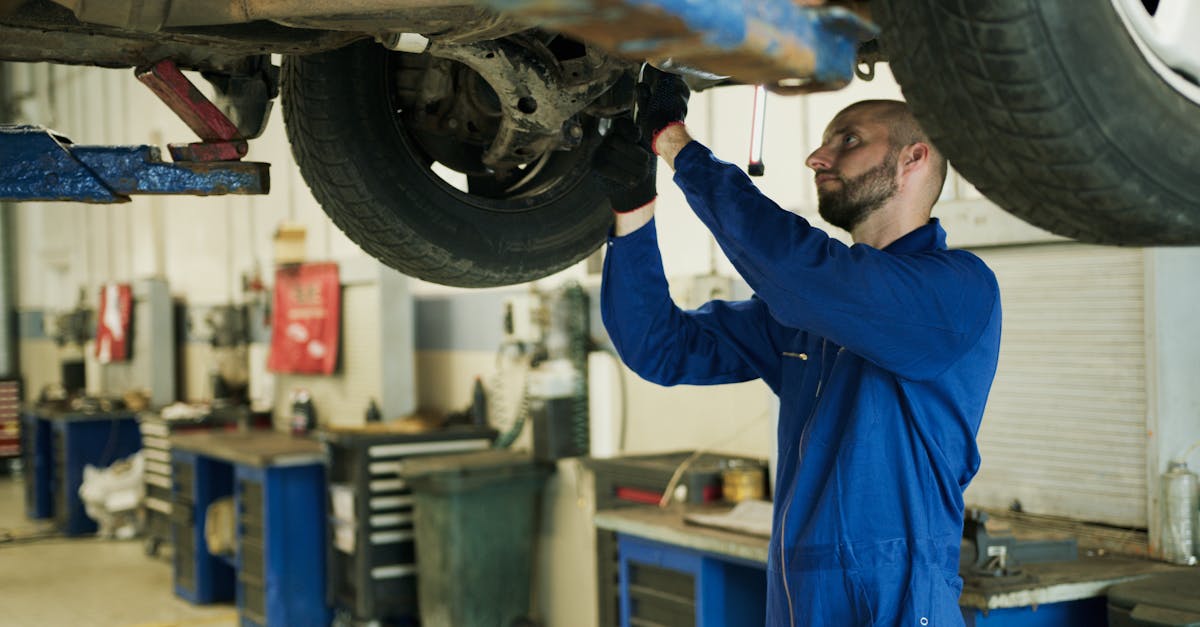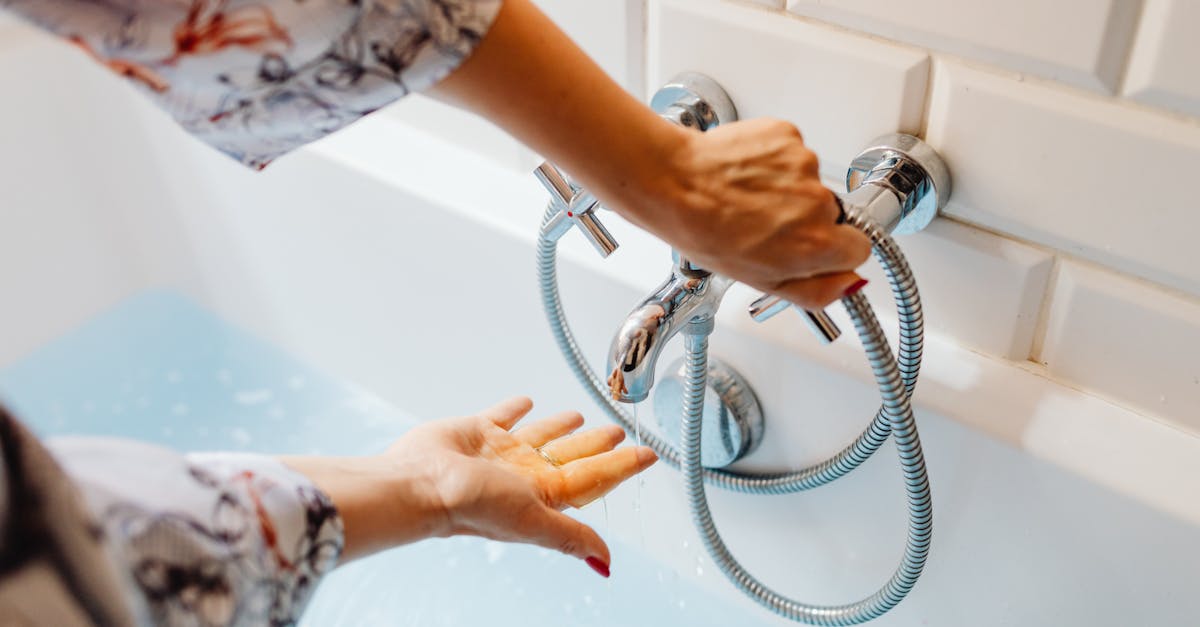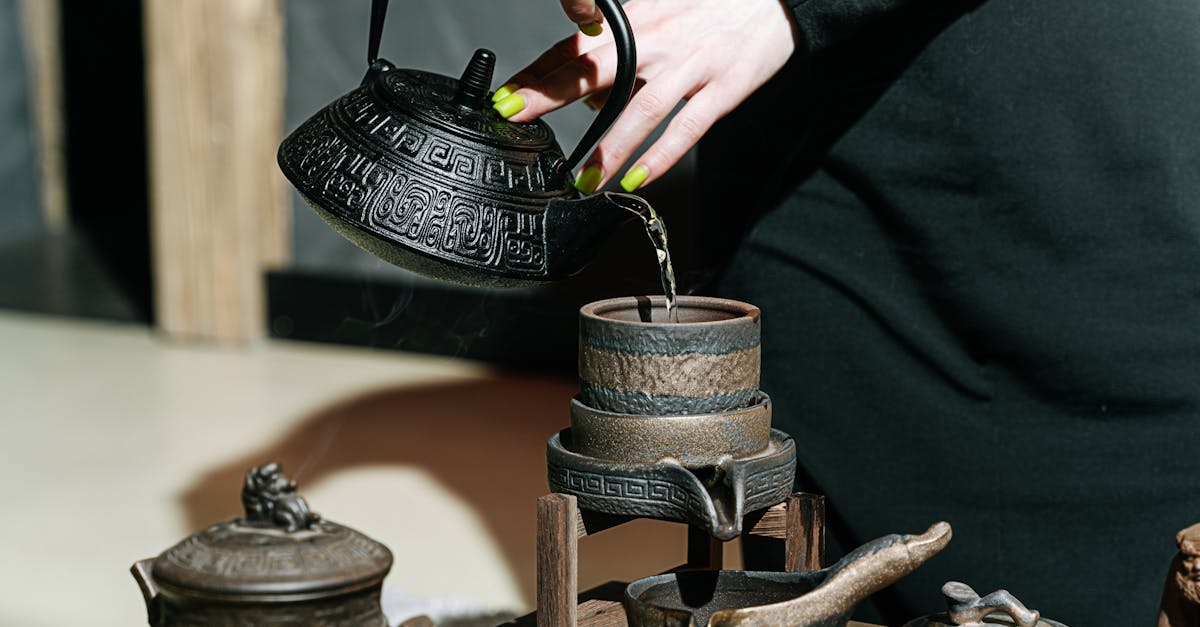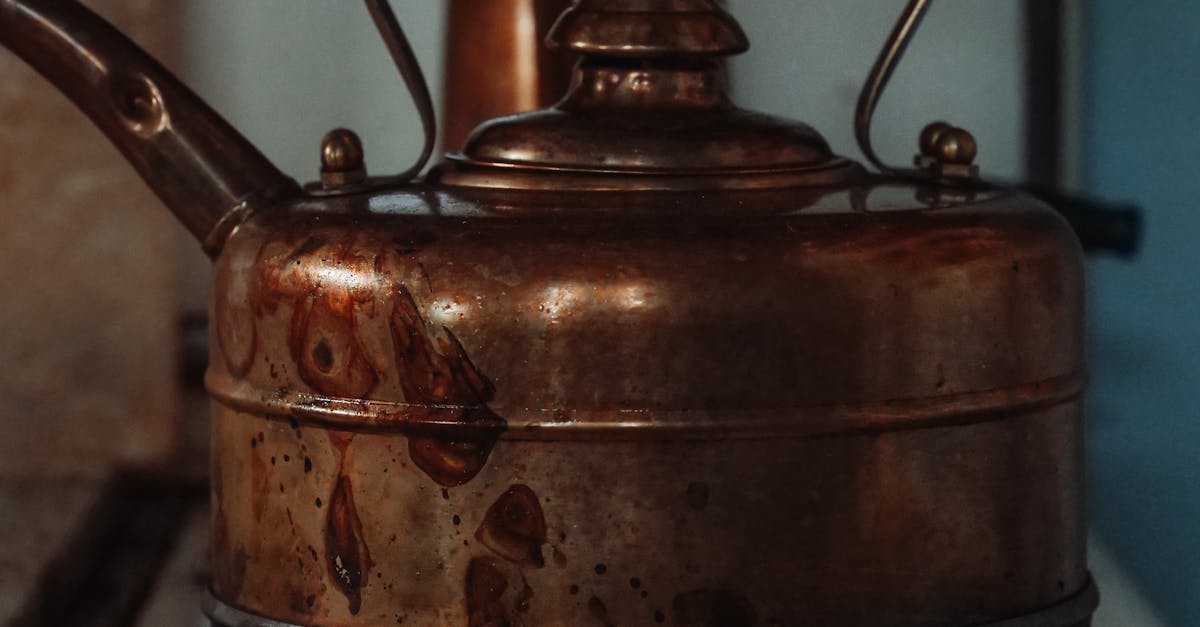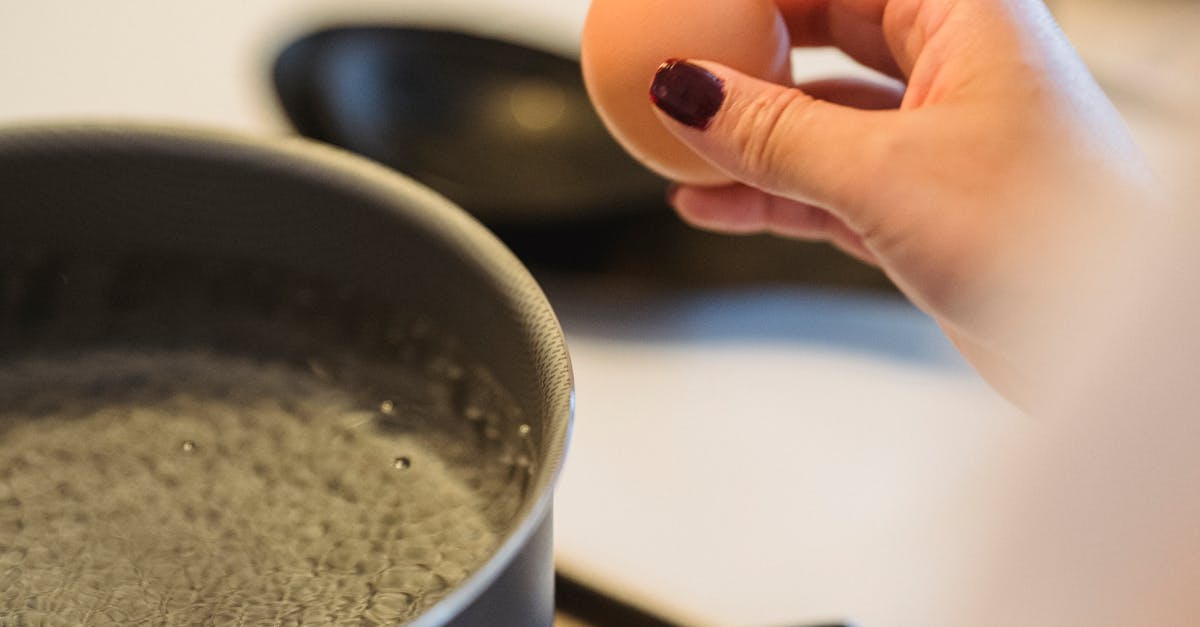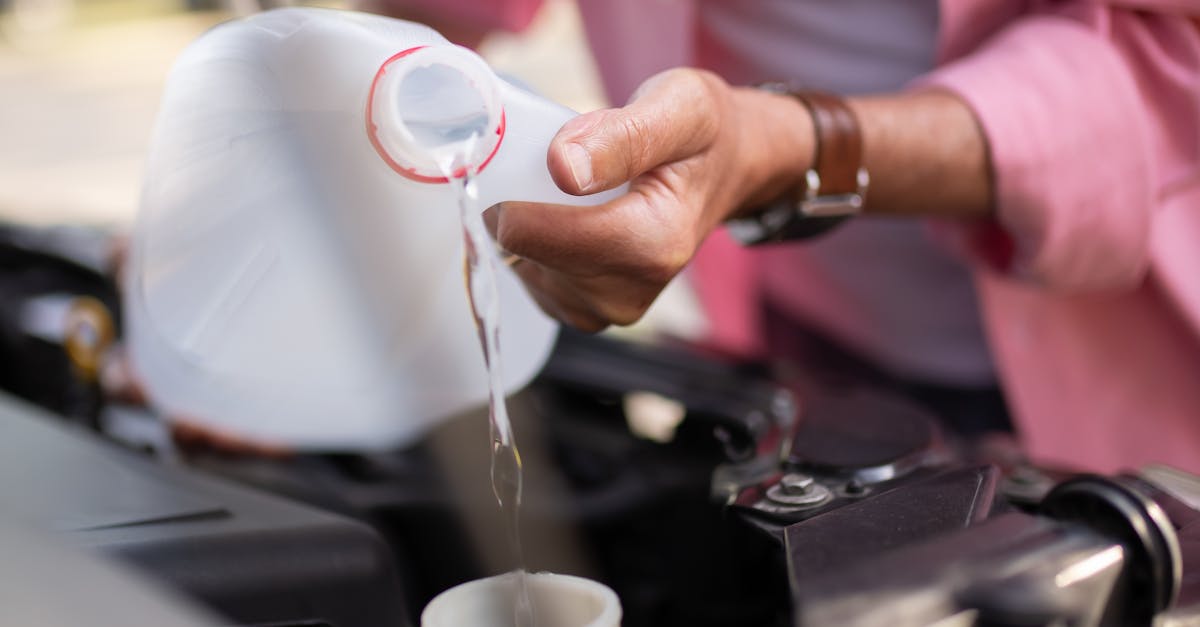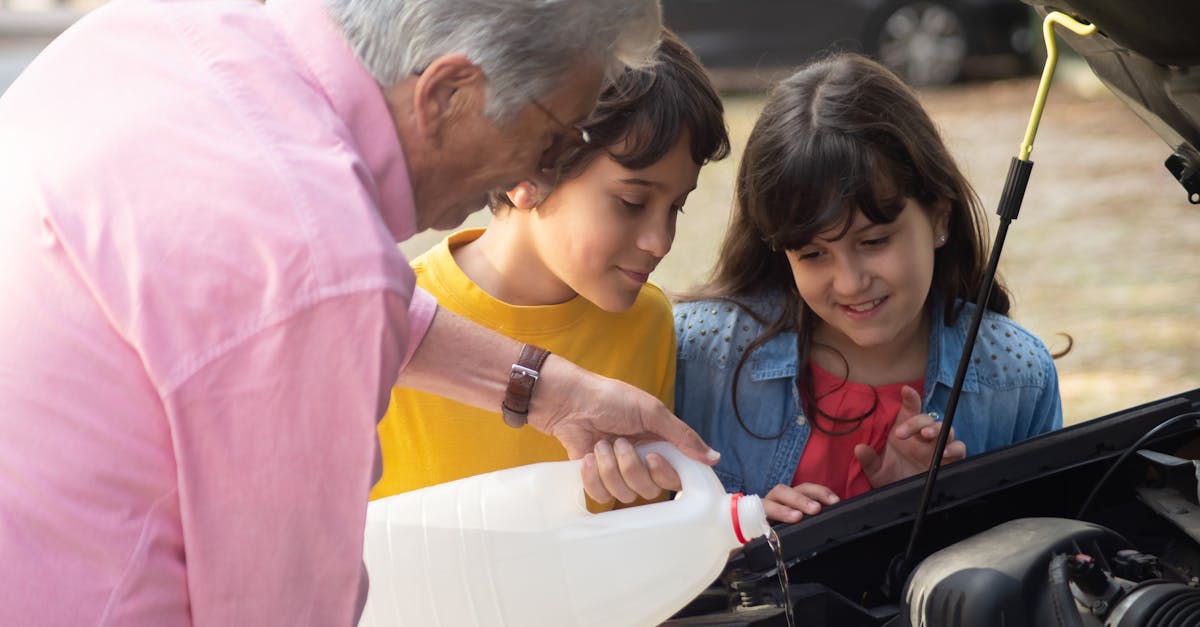
Table Of Contents
Water Supply Concerns
If your hot water has suddenly stopped working, it’s essential to check for any issues with the water supply. Problems with the supply can originate from various sources, such as a malfunctioning valve or a blockage in the water line. Ensuring that the system receives adequate water is crucial for maintaining consistent hot water flow. If you suspect a supply issue, contacting a professional is advisable. They can perform thorough diagnostics and recommend the necessary steps to restore hot water service efficiently.
Another potential concern could be related to the cold water inlet. Problems here can limit the amount of cold water entering your hot water system, which in turn affects the heating process. It’s vital to monitor for irregularities, such as strange noises or fluctuating temperatures, as these may indicate a malfunction in the cold water line. Regular assessment of the inlet can prevent larger issues down the line. If the situation escalates, seeking a timely hot water system repair will ensure your home remains a comfortable and functional space.
Cold Water Inlet Problems
Cold water inlet problems can significantly impact the performance of your hot water system. If the inlet is clogged or damaged, it may prevent sufficient cold water from entering the heater. This disruption can lead to inadequate heating of water, resulting in lukewarm or cold water when you expect hot. Regular checks on the inlet's condition are essential to identify any blockages or leaks early.
Additionally, issues with the valves associated with the cold water inlet can contribute to hot water supply problems. A faulty valve may fail to open properly, restricting the flow of cold water needed for heating. If you suspect there’s an issue with your cold water inlet, it might be time to consider professional assistance for hot water system repair. Ensuring that this component is functioning correctly can restore your hot water supply effectively.
Age of the Water Heater
The age of your water heater plays a crucial role in its performance and efficiency. Many traditional water heaters have an average lifespan of around 10 to 15 years. As these systems age, they may become less reliable, leading to inconsistent hot water supply or complete failure. Regular utilisation can take a toll on older units, and issues may surface with components like the heating element or thermostat. If your heater is approaching or exceeding its expected lifespan, it might be time to consider options for hot water system repair or replacement.
Older systems often lack the energy efficiency found in newer models, which can lead to increased energy bills. Furthermore, older water heaters may require more frequent maintenance and service checks, as wear and tear can cause leaks or sediment buildup. Homeowners should be mindful of unusual noises or fluctuations in water temperature, which can indicate underlying problems. Keeping an eye on the age and condition of your hot water system can help you make informed decisions about when to seek repairs or explore new units.
Signs Your Heater Needs Replacement
Aging water heaters often show distinct signs that indicate a need for replacement. Homeowners should be vigilant for any unusual noises such as rumbling or popping sounds, which can suggest sediment build-up. Additionally, leaks or puddles around the base of the unit are warning signs that should not be ignored. These issues can lead to further damage and increased energy costs, making timely replacement essential.
Frequent fluctuations in temperature or inconsistent hot water supply may also signal that a heater is nearing the end of its life cycle. If your system requires repeated repairs, it might be more economical to invest in a new unit rather than continuing with Hot Water System repair. Recognising these signs early can save time and money, ensuring a consistent hot water supply for your home.
Maintenance and Service Checks
Regular maintenance of your hot water system extends its lifespan and helps maintain efficiency. Neglecting essential checks can lead to unexpected breakdowns and costly hot water system repairs. A trained technician can inspect for any issues such as sediment buildup or faulty components. Periodic servicing is crucial for identifying potential problems before they escalate.
Performing routine checks on your hot water system not only enhances performance but also ensures safety in your home. Ensuring that your system complies with current regulations is vital, and timely maintenance can prevent serious accidents related to leaks or malfunctions. Scheduling inspections with qualified professionals keeps your system in optimal condition and reduces the likelihood of needing urgent repairs.
Importance of Regular Inspections
Regular inspections play a crucial role in maintaining the efficiency and longevity of your hot water system. Over time, sediment and mineral buildup can occur, affecting performance and leading to potential issues. A thorough evaluation can identify these problems before they escalate, ultimately saving you money on repairs and improving energy efficiency.
Scheduling routine maintenance is essential not just for performance but also for safety. Faulty components can pose risks, and early detection can prevent dangerous situations. When problems are identified early, hot water system repair often becomes a straightforward process, avoiding more extensive damage and costly fixes down the line.
FAQS
What are some common reasons why my hot water is not working?
Common reasons include issues with the water supply, problems with the cold water inlet, age of the water heater, and lack of regular maintenance.
How can I check if there is an issue with the water supply?
You can check if other taps in your home are providing hot water, inspect the main water supply valve to ensure it is open, and look for any visible leaks or obstructions in the plumbing.
How do I know if the cold water inlet is causing the problem?
If your hot water supply is inconsistent or completely absent, you might want to check the cold water inlet valve for blockages or damage. A malfunctioning inlet can prevent the heater from functioning properly.
What are the signs that my water heater needs replacement?
Signs include rust or corrosion on the tank, inconsistent water temperatures, strange noises coming from the heater, or age—if your heater is over 10-15 years old, it might be time to consider a replacement.
How often should I have my water heater serviced?
It is recommended to have your water heater inspected and serviced at least once a year to ensure optimal performance and to catch any potential issues early.
